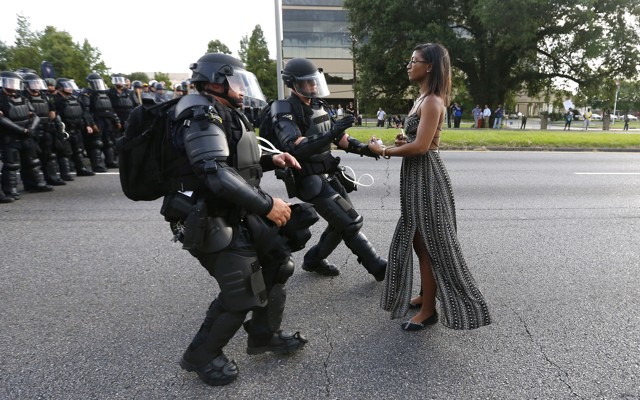 We've made pitchers of sangria and had family and friends arrive in rotation, on the 3rd and 4th and 10th of July; on Thursday one of the local moms rang the doorbell and invited me to join the other women from the block for a drink on her back deck; and on Friday, after our neighbor delivered a delicious carrot zucchini bread, my colleagues from work came over with their families for dinner, during which we consumed many bottles of champagne. One of my colleagues brought a dense dark brown bread and salt, a traditional European blessing for a new home, reminding me of my friend's blog, which is named for those very gifts.
We've made pitchers of sangria and had family and friends arrive in rotation, on the 3rd and 4th and 10th of July; on Thursday one of the local moms rang the doorbell and invited me to join the other women from the block for a drink on her back deck; and on Friday, after our neighbor delivered a delicious carrot zucchini bread, my colleagues from work came over with their families for dinner, during which we consumed many bottles of champagne. One of my colleagues brought a dense dark brown bread and salt, a traditional European blessing for a new home, reminding me of my friend's blog, which is named for those very gifts.On Saturday, the neighbors pulled chairs out to the cul de sac, and the kids (there are many on our road) rode bicycles and pulled each other around (sometimes dumping each other out of) a home-made rickshaw and drew in chalk on the road while we all talked and drank beer and water and whatever else people brought out with them to share.
This is more partying than I think we've ever done in such a short period of time; we've smoked loins of pork and entire chickens and grilled chicken and salmon and burgers and hot dogs; we've made kale salads and watermelon salads and corn and Spanish tortillas and gazpacho and icebox pie and lemon Bundt cake. We've sat outside until it gets dark, and until the mosquitos begin to nip at us. It only rained once, and even then, just during dessert.
The people from whom we bought this house entertained a lot, they said; they talked about how they loved having a crowd over, cooking and baking and laughing together. While we did that in our Flemington house sometimes, too, it's been nice to feel like there's space to share. This house invites gatherings of loved ones and new friends.
I still worry sometimes about feeling lonely here, about missing old friends, about not making the kinds of close friends I left behind. But as I said to my son just this morning, it may be that the people we meet here don't become our best friends, and that's OK, because they seem to be kind people, and we're haven't left our other friends behind. Both have already warmed our house with so much laughter and good food and good company, for which I've been especially grateful this summer, given the sadness and darkness unfolding in the world. Maybe, in some small way, our celebrations of each other can continue to create ripples of light.

